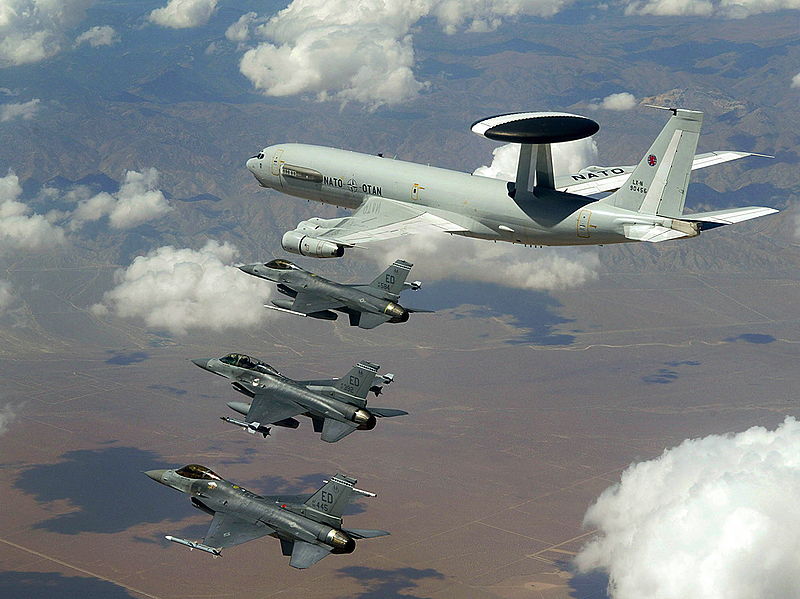
From Ivo Daalder, the International Herald Tribune: Sixty-one years after it was created to defend Europe, NATO is busier than ever. Its forces are deployed in the largest operation in its history, 130,000 strong, to fight a violent insurgency, train local police and army forces and keep the peace in Afghanistan, some 5,000 kilometers from NATO headquarters in Brussels. Thousands of NATO troops also continue to foster stability and security in the Balkans. And for the past two years, NATO ships have plowed the seas near Somalia to counter the growing scourge of piracy. …
And here lies a challenge to NATO that is perhaps even greater than ongoing operations — that the global financial crisis and cuts in defense outlays will fall disproportionately on what makes NATO strong.
The Atlantic alliance is not just an organization that brings together a community of 28 nations united by their commitment to common values and dedicated to their collective defense and cooperative security. It is a military alliance that, unique in history, fields forces that can operate together in any environment, an integrated military command structure to control operations anywhere, and core capabilities that few allies could buy by themselves.
These assets distinguish NATO as a military alliance from a mere coalition of the willing. And they come remarkably cheap. NATO’s commonly funded budget amounts to just 0.3 percent of overall NATO defense spending — 3 pennies for every $10 spent. Yet the temptation in many allied capitals facing austerity is to try and balance their defense budgets on the backs of this common budget.
Not only will this not work — the sums involved are just too tiny to help their budgets — but it is a shortsighted way to provide for our common security. NATO common funding is a bargain — for the largest European countries, a contribution of about 10 cents buys a dollar worth of defense, because the other 90 cents are paid by other allies.
Every crisis is an opportunity, and this global financial crisis is no exception. Rather than cutting NATO’s common budget, this is the time to invest in joint capabilities.
Ivo Daalder is the U.S. ambassador to NATO. (photo: USAF)
Image: usaf%207%2022%2010%20NATO%20E-3%20AWAC%20F%2016s.jpg
